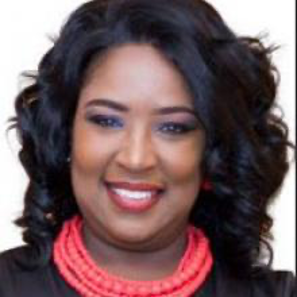by Dr. Phildra J. Swagger – www.combinedexpertise.com
When you know better, you do better.
You may recall the childhood rhyme, “Sticks and stones may break bones, but words will never hurt.” This seemingly simple adage was passed on by our parents as a way of protecting us from bullies and people who said unkind things to us. Through hindsight, I have learned that this rhyme is neither true nor a protective measure. Even when good people who do not understand the power of words have good intentions, words can have adverse or unintended negative results. Accepting the concept, “words will never hurt” creates a mindset that allows harmful subliminal messages to go unchecked far too long. It may rob an individual of their voice and lead one to become submissive to unkind people or situations that potentially prevent them from becoming their full happy and healthy selves. This unawareness can be true for both the coach and the client. Using the power of words to create positivity must be practiced by both and it starts with the coach.
Words directly impact our thoughts, how we perceive people and situations as well as influence our behavior. In the coaching arrangement, using powerful words can be achieved in two key steps. First, co-create with the client regarding what they want to achieve. That means co-create forward-focused goals that speak life and positivity into their plan. Second, empower the client by asking and fully exploring how they want to think and feel. As the coach, do not be afraid to challenge the client to state what they want rather than what they do not want. This technique can encourage an incredibly positive powerful effect on the mind. For example, consider what to ask if you are coaching a client who states their goal is weight loss. Instead of saying they “would like to lose 50 lbs.,” positive forward-focused language restates the goal as “I will weigh X lbs. and/or wear a size Y by Z date.” Now the client has a goal and something positive to look forward to instead of the dreaded drag of losing 50 lbs. The same approach can be applied as they operationalize their goal. As a case in point, consider these replacement phrases:
- Instead of “I don’t have time to work out.” use “I can create a schedule or routine.”
- Instead of “Don’t eat fast food.” use “I will make healthy food choices.”
- Instead of “Stop drinking soda.” use “Water fuels my body. I enjoy water. Water quenches my thirst.”
- Instead of “Exercise is hard.” use “Working out makes me feel strong.”
At its core, positivity and positive language are both about self-care. Self-care is what we learn to do for ourselves. We can learn and work with our clients to speak positivity into our lives and every situation. Our words have the power to build others up or tear them down. Using positive language will improve self-confidence, optimism, communication, and relationships. When working with clients on self-care, positive self-talk is one tool they can use to achieve their stated goals. After all, the closest mouth to their ear is their own. Learn to use positivity to create greatness for yourself and your clients!


